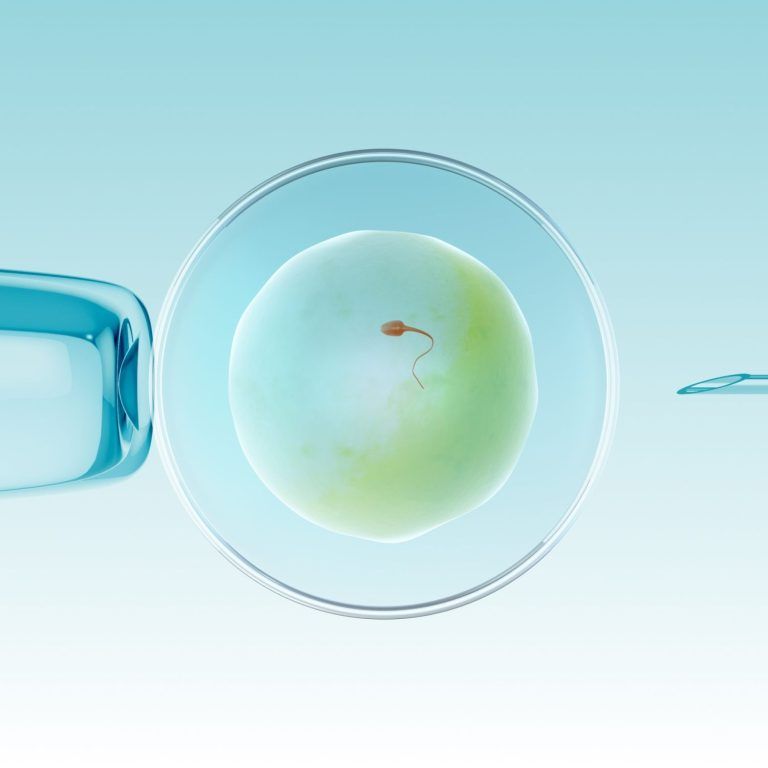The first successful in-vitro fertilization (IVF) birth in Czechoslovakia took place on May 4, 1982. This milestone was achieved by Prof. MUDr. Ladislav Pilka, DrSc., and his team at the Clinic of Obstetrics and Gynecology in Brno. The baby girl, born healthy and on time, represented the third IVF birth in continental Europe and only the tenth in the world at that time.
This achievement had profound implications:
🌍 1. Breaking Geographical Barriers
It demonstrated that IVF could be successfully implemented beyond the UK and Western Europe. Czechoslovakia became one of the early leaders in IVF—an especially remarkable feat given the political and technological restrictions of the Eastern Bloc during the Cold War.
🧪 2. Medical Innovation Under Constraint
Pilka’s team achieved this breakthrough with limited access to international knowledge, often having to innovate and adapt methodologies independently. It highlighted the ingenuity and resilience of scientists working under politically restrictive systems.
👶 3. A Catalyst for Central European Reproductive Medicine
This success laid the groundwork for the Czech Republic’s current reputation as a European leader in reproductive medicine, now home to several internationally recognized IVF clinics.
Remarkable Success Rates
Czech clinics boast impressive success, particularly in IVF cycles using donated oocytes, with over 65% of patients achieving pregnancy, confirmed by cardiac activity. This outstanding rate reflects the long-standing commitment to excellence in reproductive care.
Thanks to Prof. Pilka’s pioneering efforts and dedicated leadership, assisted reproduction in the Czech Republic has made significant strides—bringing hope and new life to countless families.
So the next time you hear someone mention Czechia only for beer or castles, remind them: It’s also the home of doctors who are changing the world.
